In the last decade, the face of the Filipino farmer is changing: it’s getting younger. From pocket gardens in their homes where they grow herbs and vegetables, millennials and 30-somethings born and raised in the city have either inherited or have saved up for plots of land outside Metro Manila where they can take farming more seriously, planting fruit-bearing trees and even cash crops such as coffee.
But in the era where urban conveniences and millennials coexist, why is there a growing interest in the farming lifestyle in millennials?
1. Millennials who are in the farming business saw opportunities in supplying one human basic need: food.
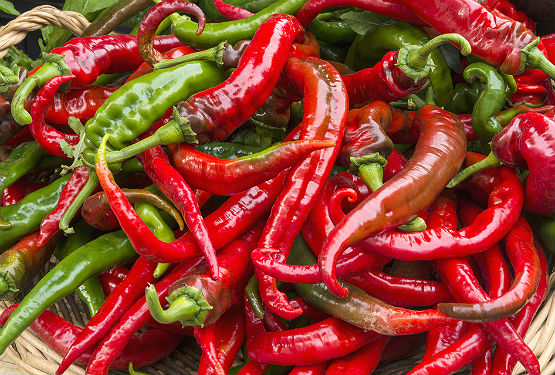
As of 2014, the Philippine Statistics Authority said that the agriculture sector grossed P1.6 trillion in current-price sales and employed a third of the country’s labor sector.
For the same year, the country produced 417, 859 metric tons of organically-grown commodities such as rice, vegetables, coffee, cacao, cassava, chickens, goats, pigs, and fish, surpassing its annual target by almost 19 percent.
Property developer First Ironwood Residential Development Corporation (whose top management, incidentally, are second-generation farmers) says buying a home in Batangas will bring millennials – and even agriculture enthusiasts of all levels and ages – closer to a farming lifestyle.
While Batangas is traditionally known as a rice, sugar, coconut, and coffee-growing region, new farmers are introducing new farming techniques that have allowed them to grow in demand vegetables such as salad greens.
Despite the significant growth, there is always the growing need to provide food supply in ever-growing populations within and outside of the country.
2. There is a growing need to supply artisanal products.

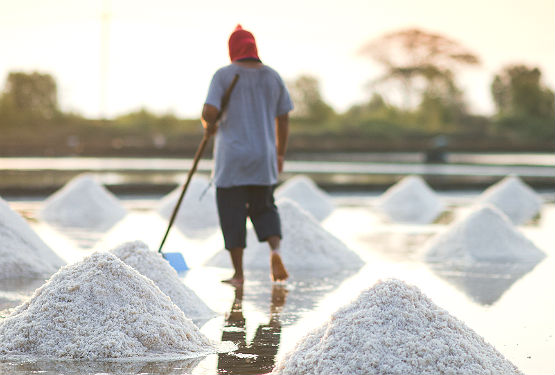
Millennials quickly embrace the farming lifestyle simply because they themselves seek the need to have “artisanal,” “organic,” or “unique” items in the supermarket section. As such, farming gives millennials the satisfaction and fulfillment of growing produce with their own ingenuity and effort.
3. Millennials are becoming more proactive about the environmental and health impact of producing, packaging, and delivery of food items.
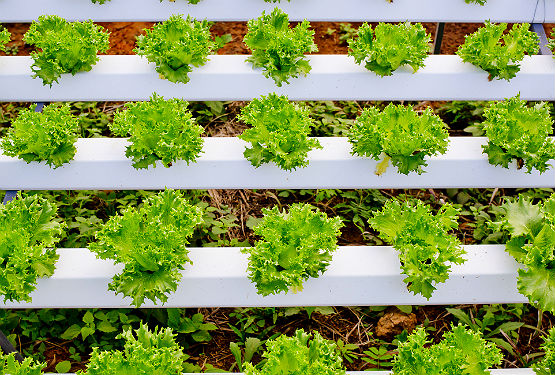
Millennials know that good nutrition comes from eating food that’s grown via sustainable means and are pesticide-free. By planting their own crops using environmental-friendly methods, they know that the fruits and vegetables on their table are fresh, all-natural, and has all the nutrients they need to lead a long, active, and productive life.
Although millennials are seeking food items sourced in the traditional way, they are also frontrunners in changing how food items are being sold or delivered.
Thanks to the power of the Internet, millennials can peddle their organic produce, grass-fed and all natural meats, farm-direct dairy products, premium deli items, and other grocery necessities on their websites and commission their own or a third-party on-demand delivery service.

4. Millennials crave a close-knit, progressive neighborhood that is often offered in farm communities.
Millennials want to be part of a community that’s away from the hustle and bustle of city life and has the rustic charm of countryside living because homes in these areas are enveloped by wide-open engaging spaces and lush greenery.
Ironwood Estates in Batangas, for example, provided several pocket gardens, relaxing parks and gardens, and amenities reminiscent of a luxurious gated community: open-air clubhouse, posh swimming pool, children’s playground, and basketball court.
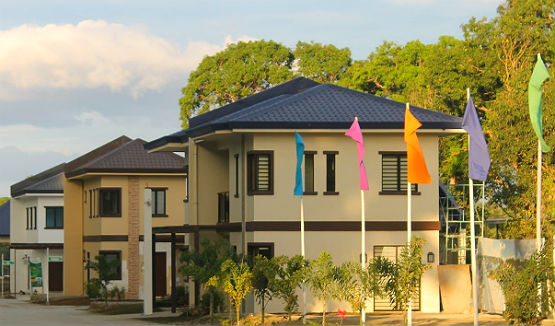
5. Countryside living today now comes with conveniences one can enjoy living in an urban development.
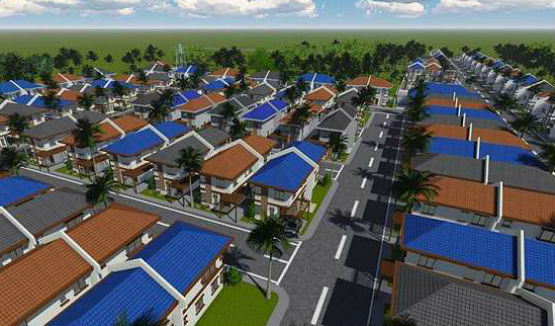
Locations just outside Metro Manila are becoming increasingly popular with property buyers, and understandably so.
Developments in provinces like Batangas combine the comforts of urban living such as shopping centers, banks, hospitals, and even hotel chains with a continuously expanding road network, allowing residents to commute to and from their jobs with relative ease. As such, this makes it easier for millennials to uproot their city lives for the countryside as the latter embrace urban conveniences while retaining that rural feel.
Ready to invest in a home in Batangas? Explore pre-selling units here.











